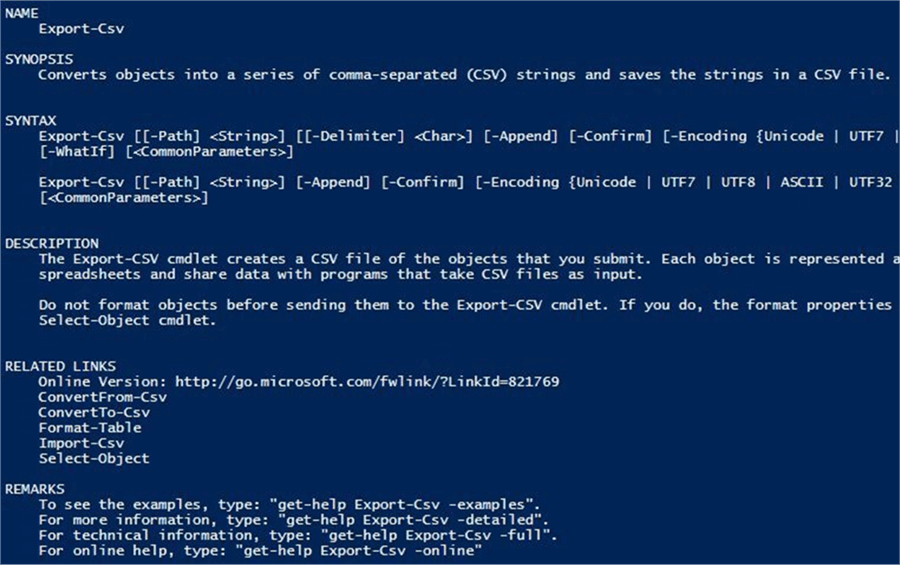

The court room of Preston Patrick Hall, Westmorland To the community as a whole is well illustrated by the compilations of Of being a branch of the King's judiciary, an arm of the lord of the manor'sĮstate administration, and a forum for the discussion of matters of concern Out the various statutory obligations laid on them. Leet was their public role of dealing with criminal affairs and carrying With breaches of the peace, and a third strand in the work of the court Of the rights of the lord, on the one hand, and the regulation of relationsīetween tenants, on the other.

Lord and neighbourhood', their principal functions being the preservation

(in northern England) tenants holding by customary Tenants were of two broad classes freeholdersĪnd those holding by 'bond' or unfree tenures, the villeins of the middleĪges, who came to be known as copyholders or
tenant land: land granted out to tenants who farmed it on their ownīehalf, paying rents and services to the lord in return for their use. demesne land: the land farmed directly on behalf of the lord himself. The land within a manor broadly fell into two types: A typical manor consisted of a villageĪnd its lands (a territorial unit termed a 'township' across northernĮngland) but a single village might contain two or more manors or, moreĬommonly in Cumbria, a manor might cover land in more than one the right of the lord of the manor to hold a manorĬourt, through which he exercised jurisdiction over his tenants. Which came to define them, distinguishing a 'manor' from other types of Unit used for accounting and rent-collecting purposes.īy the later middle ages manors had acquired a third characteristic, Landed estates were divided into more than one manor, each an administrative Whose manor house was the administrative focus of the estate. a landed estate, the property of a landowner, the 'lord of the manor',. Vernacular term which survives still in the names of many country houses the seat of a gentry landowner: a 'manor house' or, to use the English. The word 'manor' (from the Latin manerium) is used in two distinct Subjects of Court Jurisdiction and Enquiry.







 0 kommentar(er)
0 kommentar(er)
